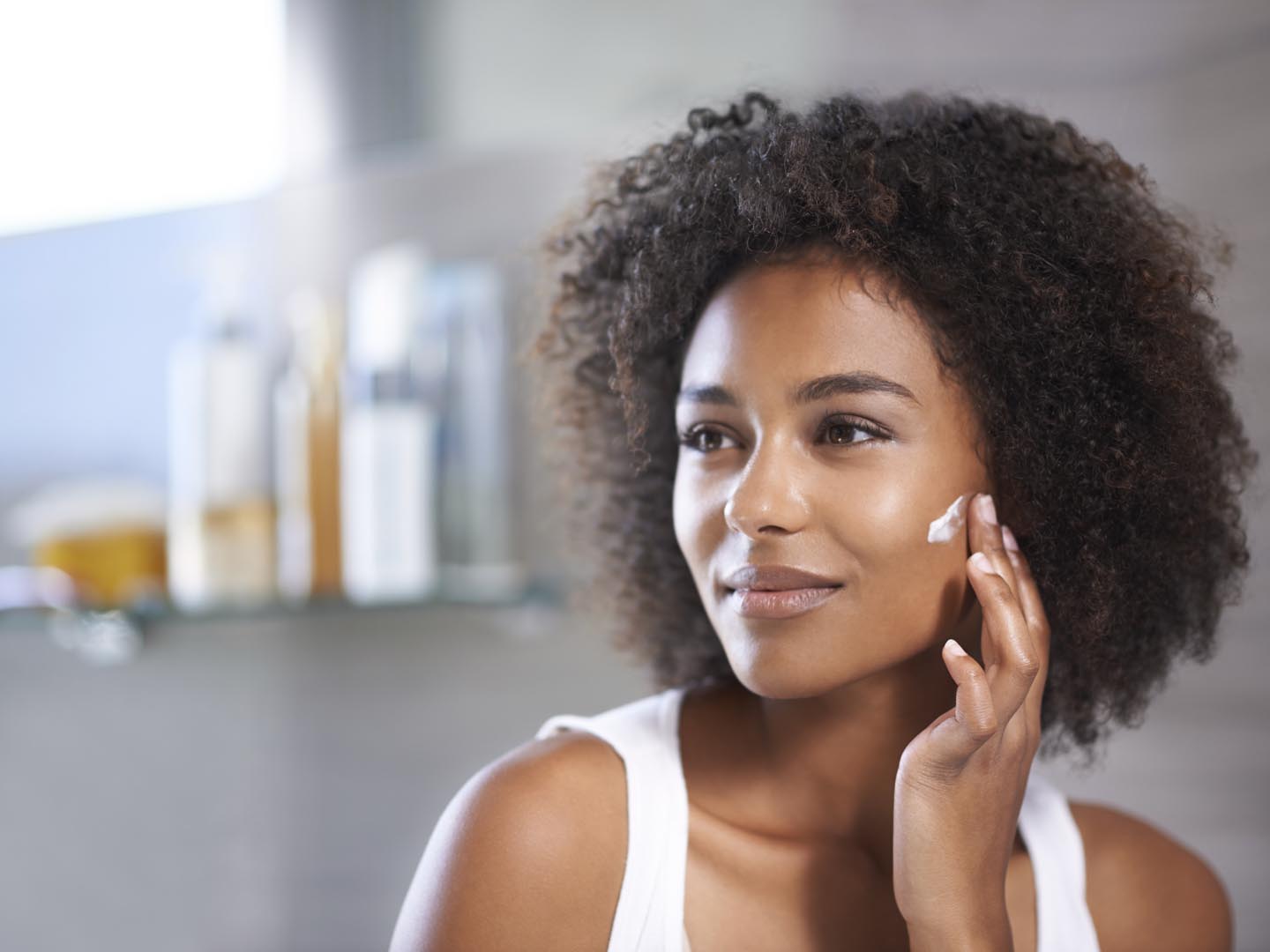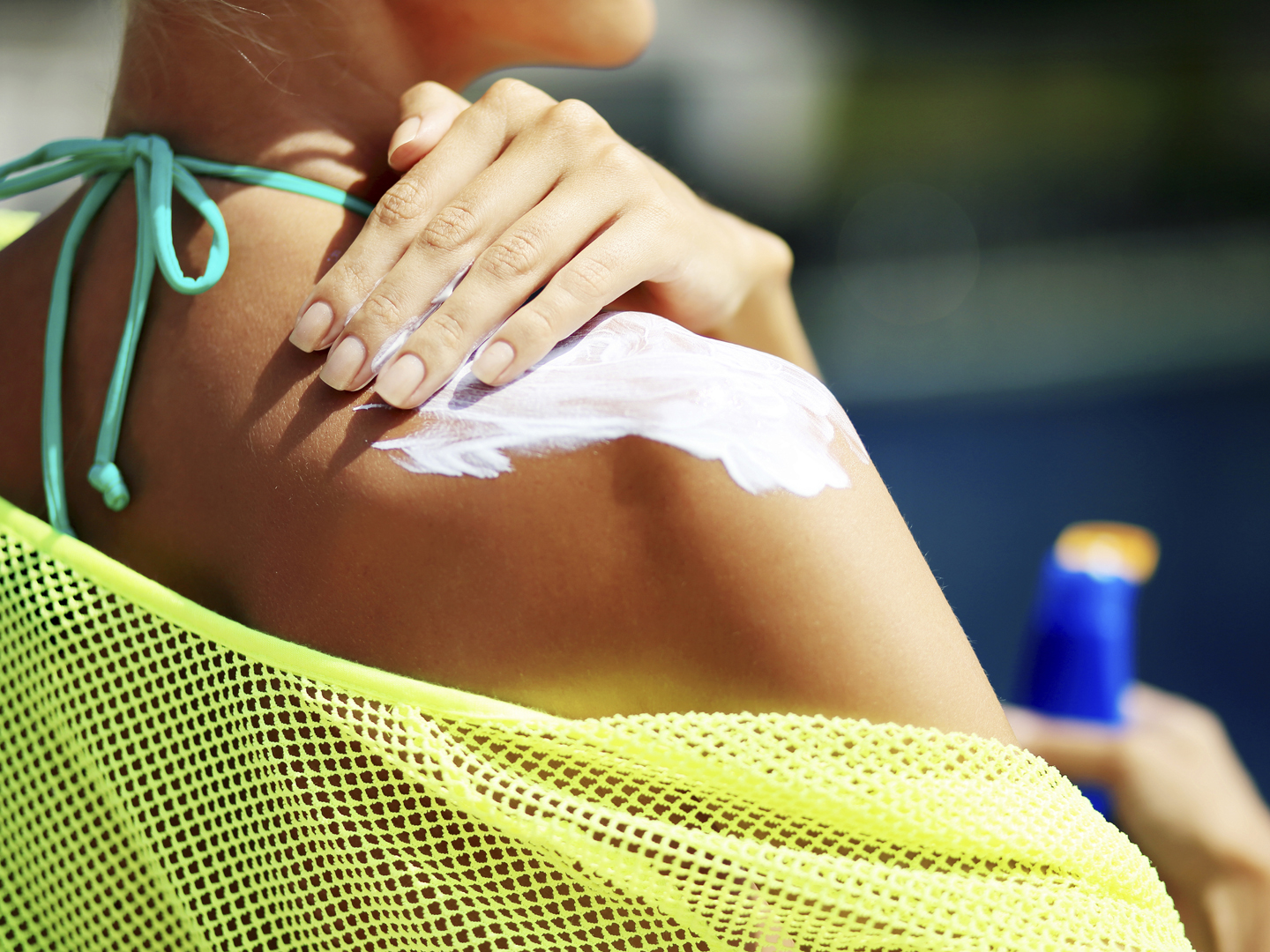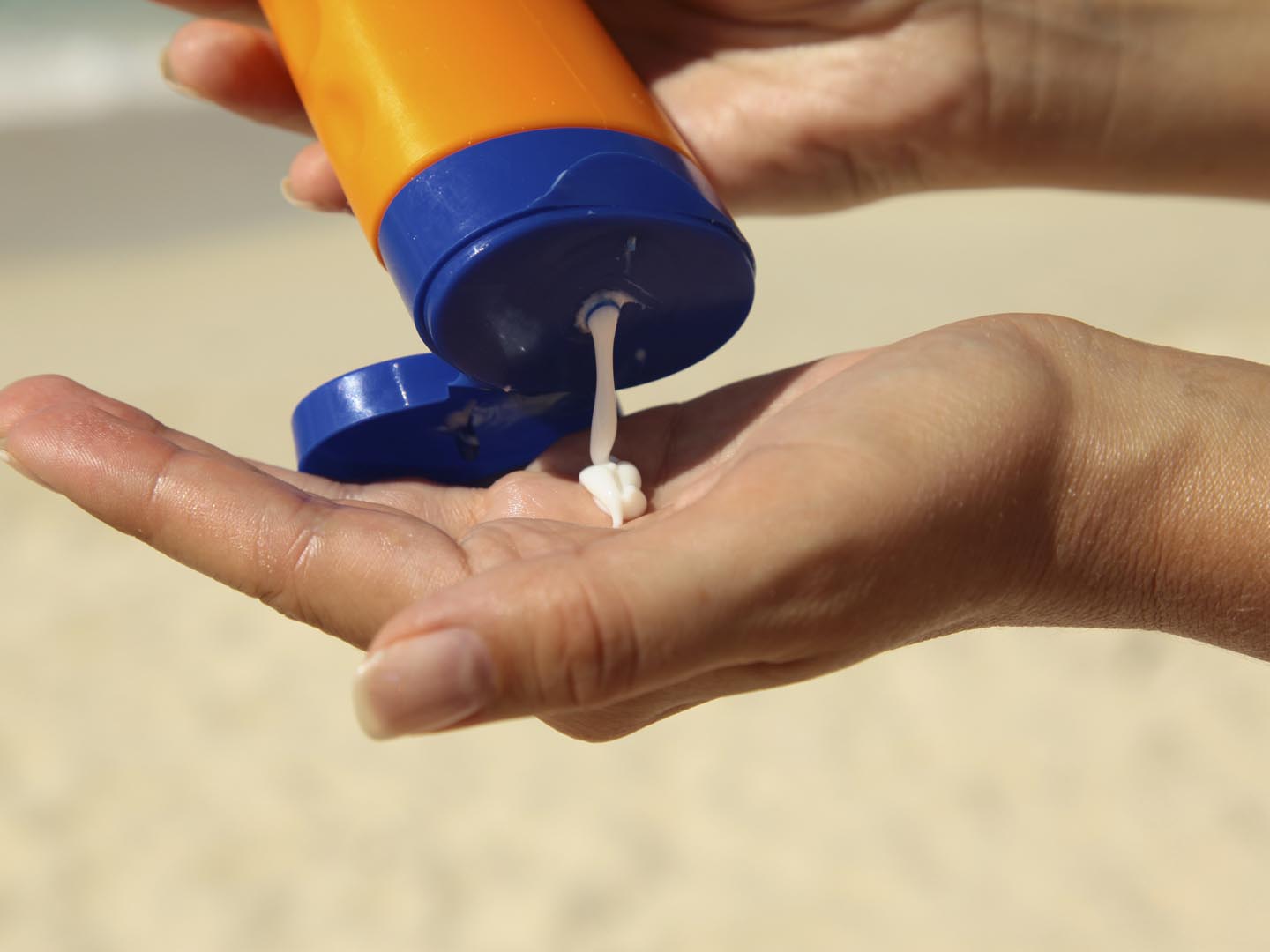Are Sunscreens Safe?
I just heard that sunscreens don’t protect against skin cancer and may even promote melanoma. Is this true? If so, do you advise avoiding sunscreens? What would you recommend for prudent sun protection?
Andrew Weil, M.D. | July 15, 2016

You’re referring to information from the Sunscreen Guide from the Environmental Working Group (EWG), a Washington, D.C.-based nonprofit organization that advocates for health-protective policies. In an introduction to the guide, the EWG references the published FDA findings that “the available clinical studies do not demonstrate that even [broad spectrum products with SPF greater than 15] alone reduce the risk of skin cancer and early skin aging.” The EWG also notes that some recent studies have documented an increase in melanoma risk among sunscreen users. (Most earlier studies found no such link.) While the EWG does not recommend against the use of sunscreens, it suggests that you don’t rely on them as your first line of defense against the sun. The guide recommends, as I have elsewhere on this site, that your best bet is to seek out shade when you are out-of-doors, wear protective clothing, and avoid the sun when it is at a high angle in the sky.
Scientists have speculated that any possible increase in melanoma among sunscreen users may reflect the fact that these people simply tend to stay in the sun longer that others and therefore absorb more radiation overall. Another theory: free radicals released when sunscreen chemicals break down in sunlight may play a role. Here is more food for thought about sunscreens from the EWG guide:
- There’s no proof that high SPF products are better than sunscreens with lower SPFs. The EWG reports that the FDA has proposed prohibiting the sale of sunscreens with SPF values higher than “50+” as misleading to consumers in the “absence of data demonstrating additional clinical benefit” and that “there is no assurance that the specific values themselves are in fact truthful….”
- Too little sun exposure may result in vitamin D levels that are too low and may ultimately lead to several types of serious disease. I’ve written about the need for sun exposure to boost vitamin D levels and how you can figure out how much to get. Fortunately, even if you live in an area where there’s plenty of sun in the summer but relatively little in winter, your body can stockpile “D” from summer sun if you get sufficient exposure.
- The addition of vitamin A (retinyl palmitate) to sunscreens may speed development of skin tumors and lesions when you apply sunscreens while in the sun. The EWG cites an FDA study of vitamin A’s photocarcinogenic properties – the possibility that it can promote cancerous tumors when used on skin exposed to sunlight. Scientists have known for some time that vitamin A can spur excess skin growth (hyperplasia) and that in sunlight it can form free radicals that damage DNA.
I encourage you to read the EWG Guide for more information on the potential dangers of sunscreens. The EWG also evaluated 1,800 sunscreen products and concluded that only 25 percent are safe. One of the criteria used required that a sunscreen be free of oxybenzone, a chemical that may cause hormone disruption and cell damage that may lead to skin cancer. The EWG also ruled out sunscreens containing retinyl palmitate (a form of vitamin A), those with SPFs higher than 50 (these products may not provide additional protection but give consumers a false sense of safety), and sunscreens that lack protection against both UVA and UVB rays.
Andrew Weil, M.D.









